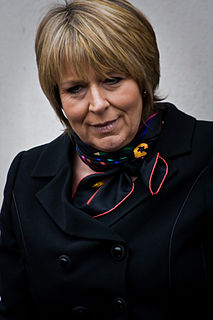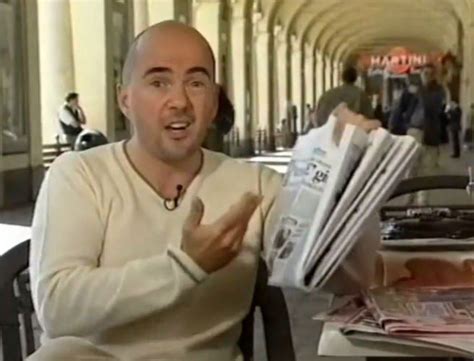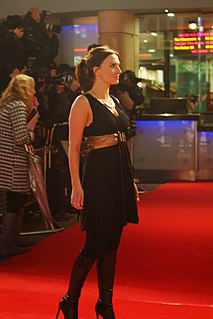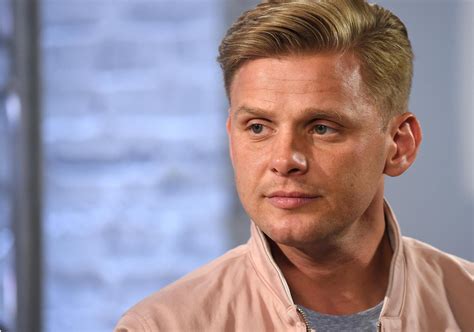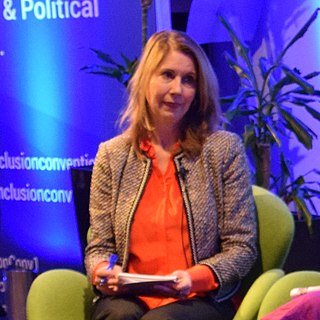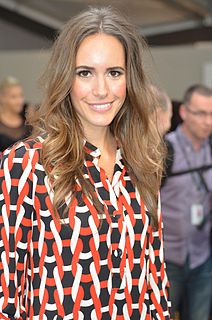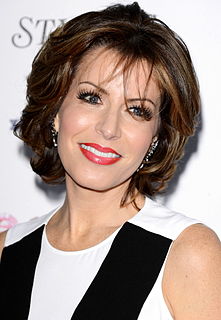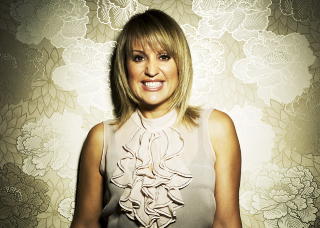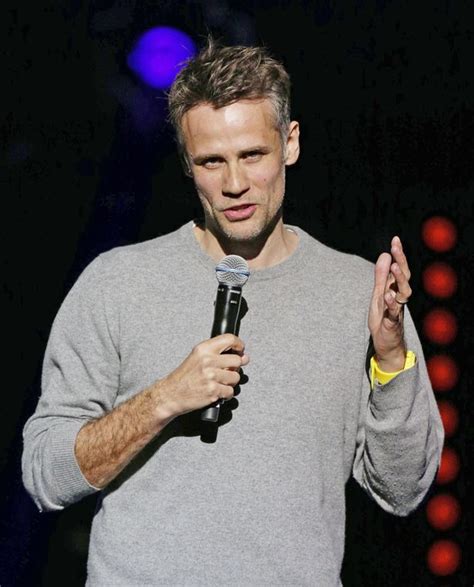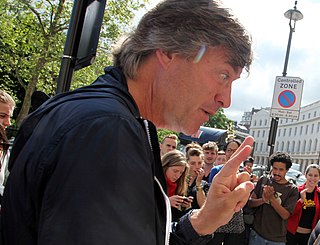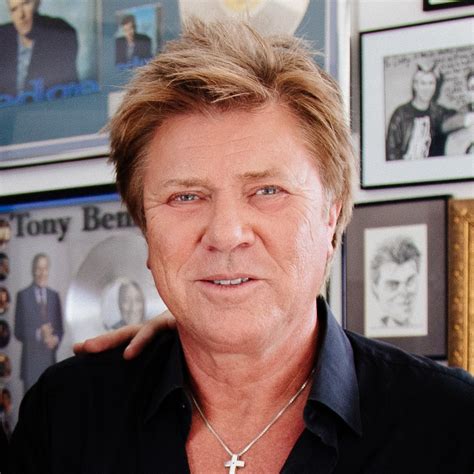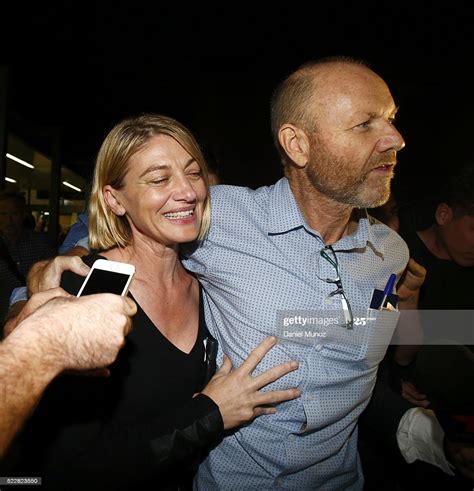A Quote by Alex Hammond
The biggest misconception is that I'm only a documentary filmmaker, but in fact I have made many narrative shorts. My biggest inspirations are narrative films, and that's ultimately where I see myself going next.
Related Quotes
One of the biggest changes in my lifetime, is the phenomenon of men wearing shorts. Men never wore shorts when I was young. This is one of the worst changes, by far. It's disgusting. To have to sit next to grown men on the subway in the summer, and they're wearing shorts? They look ridiculous, like children, and I can't take them seriously. My fashion advice, particularly to men wearing shorts: Ask yourself, 'Could I make a living modeling these shorts?' If the answer is no, then change your clothes. Put on a pair of pants.
